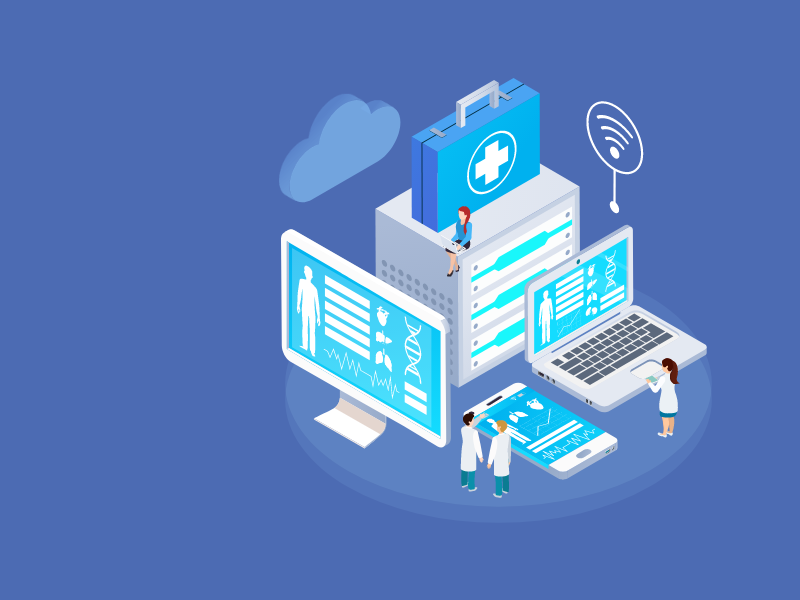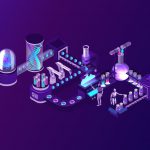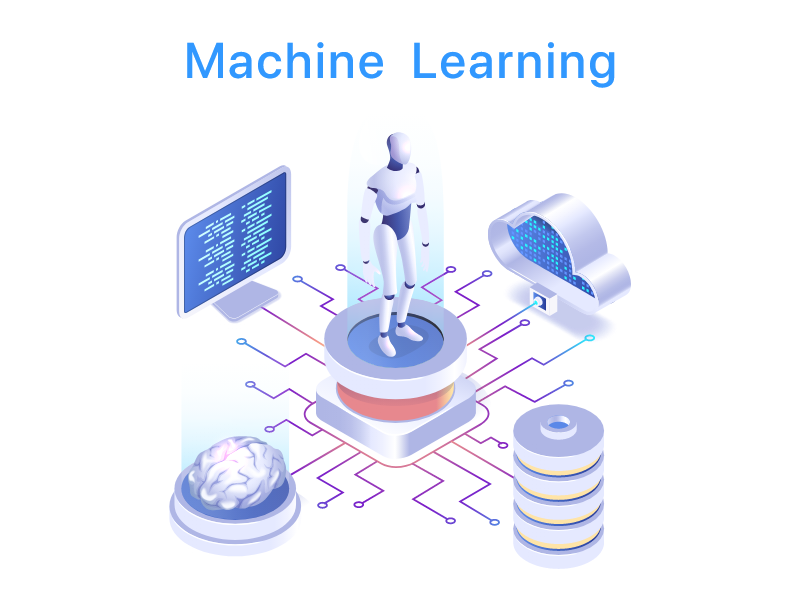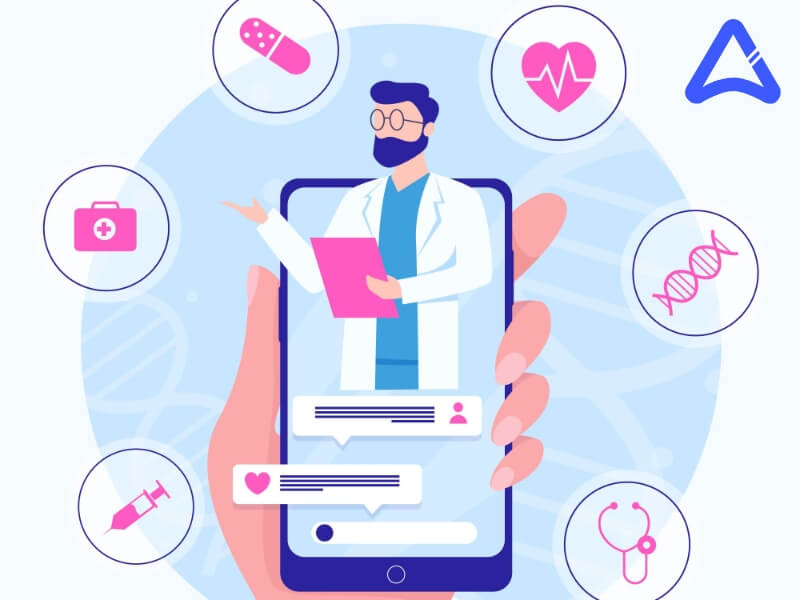The digitization of the health sector has advanced rapidly for some years now. Big Data, Artificial Intelligence, and IoT, 3D Printing or Machine Learning, among others are transforming medicine. These technologies, many of them based on information, stem from the use of Big Data and the enormous amounts of data collected by computer systems. Today we analyze for you the potential of Machine Learning in medicine & Healthcare.
What is Machine Learning?
It grants autonomy so that machines can function without the need for a human, and is capable of assimilating concepts. This set of algorithms are helpful for a Machine Learning Developers to assist businesses. ML seeks to create intelligent devices capable of operating autonomously through learning.
How is Machine Learning Different from Artificial Intelligence?
Machine Learning is a subfield of Artificial Intelligence; hence, they can be confused on many occasions. Artificial Intelligence provides machines with the information necessary to function intelligently. ML in healthcare includes an algorithm capable of learning concepts in a similar way to what we do as a human. In this way, a machine would assimilate new patterns that it would process to react in a certain way in the future.
What are the Benefits of ML in Healthcare?
Among other benefits, Machine Learning is finding great results in the prevention of diseases such as breast cancer. This is due to Machine Learning and recognition of images and patterns. As mobile app developers, we are exploring different domains of AI. Thanks to ML, health professionals can make an early diagnosis that facilitates decision-making. Therefore, it increases the chances of stopping a possible disease in time.
Another field in which professionals see great results for ML is in predicting the results of possible treatment in medicine. By entering the patient’s data, we could determine how her body can respond to treatment. It helps us search for the process that best suits her needs, and that has the highest probability of success.
What are the Applications of Machine Learning?
1. Robotic Surgery
In microsurgical procedures that require exceptional accuracy, robots assist surgeons in reducing unforeseen events that may affect the patient’s recovery. Thanks to the precision provided by the ML in healthcare 2022, risks associated with differences in the skills of each surgeon are minimal. Thus, they can reduce unfavorable prognosis after complex surgery, with better patient recovery and consequent cost savings. The analysis of the collected data will also enrich good surgical practices implementing machine learning in medicine.
2. Online and Virtual Medical Assistants
Assistive applications for first diagnoses or consultations from home are becoming popular. Machine chatbot learning for disease prevention is here to address patients’ medical concerns and recommend actions or visits to specialists. These chatbots are helping reduce the Covid 19 Effect on Business.
With voice recognition technology, they would be in charge of the initial dialogue with the patient to collect information. Thus, leaving the doctor time for a more specific conversation and providing more personalized attention to each patient.
3. Laboratory Analysis (Pathology)
Machine learning can assist pathologists in evaluating fluid samples for abnormalities. The work can be more efficient and exact by giving it agility in the interpretation of images. It includes as an essential milestone in healthcare mobile app development. In this field, AI could even replace physical samples of tissues or fluids from pathological laboratories. ML helps us diagnose using radiological images, making them more precise and detailed.
Some applications allow performing analysis without going through the laboratory. ML seeks to offer the results to the patient immediately.
4. Patient Medication Management as Benefits of AI in Healthcare
We are developing Applications to monitor whether patients take their medication. They allow ratifying autonomously if the person regularly consumes the medicines prescribed by her doctor. By integrating the mobile camera with the AI of the application, we can control the management of shots. This application would be useful in patients with serious illnesses providing them with the benefits of AI in Healthcare.
5. Machine Learning to Facilitate Medical Decision Making
The idea of this project is to create a data management platform that helps to respond to the most critical problems of diseases. It establishes mechanisms to facilitate the decision-making of doctors and improve the treatments of patients suffering from this type of pathology.
For its part, artificial intelligence is becoming an ally of health professionals when processing medical images. With initiatives such as the one launched by Quebec, it seeks to develop algorithms. It automatically shapes the vertebral bone microstructure of patients with osteoporosis. In this way, the radiologist will be able to access quantitative information to help him more accurately evaluate medical treatments. It streamlines patient follow-up using the benefits of AI in Healthcare.
6. Machine Learning to Reduce Medical Errors
The ML in Healthcare not only improves the diagnosis of many pathologies but also facilitates the reduction of medical errors. We can reduce false alarms and can eliminate the risk of harmful tests for pregnant women. It will also help in reducing the cost of unnecessary diagnostic tests.
7. Artificial Intelligence Health Boom
The artificial intelligence boom has thus become a reality in the daily lives of many doctors and patients. It facilitates the management of medical information. It is making possible a more precise, and personalized medicine in the approach to various pathologies.
The Scope of Innovations in the Field of Medicine
Both machine learning and AI will have a crucial role in Healthcare. Some changes are already becoming a reality and others in development to improve patient care. Nevertheless, it will take some time for these new systems to be available to everyone and at an affordable cost. Fundamentally, the great advantage of applications is to provide the healthcare system with more data to make critical decisions.
On the other hand, cybersecurity in the health sector is a concern that affects all stakeholders. Companies like AppStudio are using Machine Learning as a monitoring tool to detect anomalies or security breaches. In this way, it could help to generate greater confidence in users and accelerate the advance of the sector’s digital transformation.
How did you find this article? Do tell us in the comments section and contact us if you want to explore the world of machine learning.









